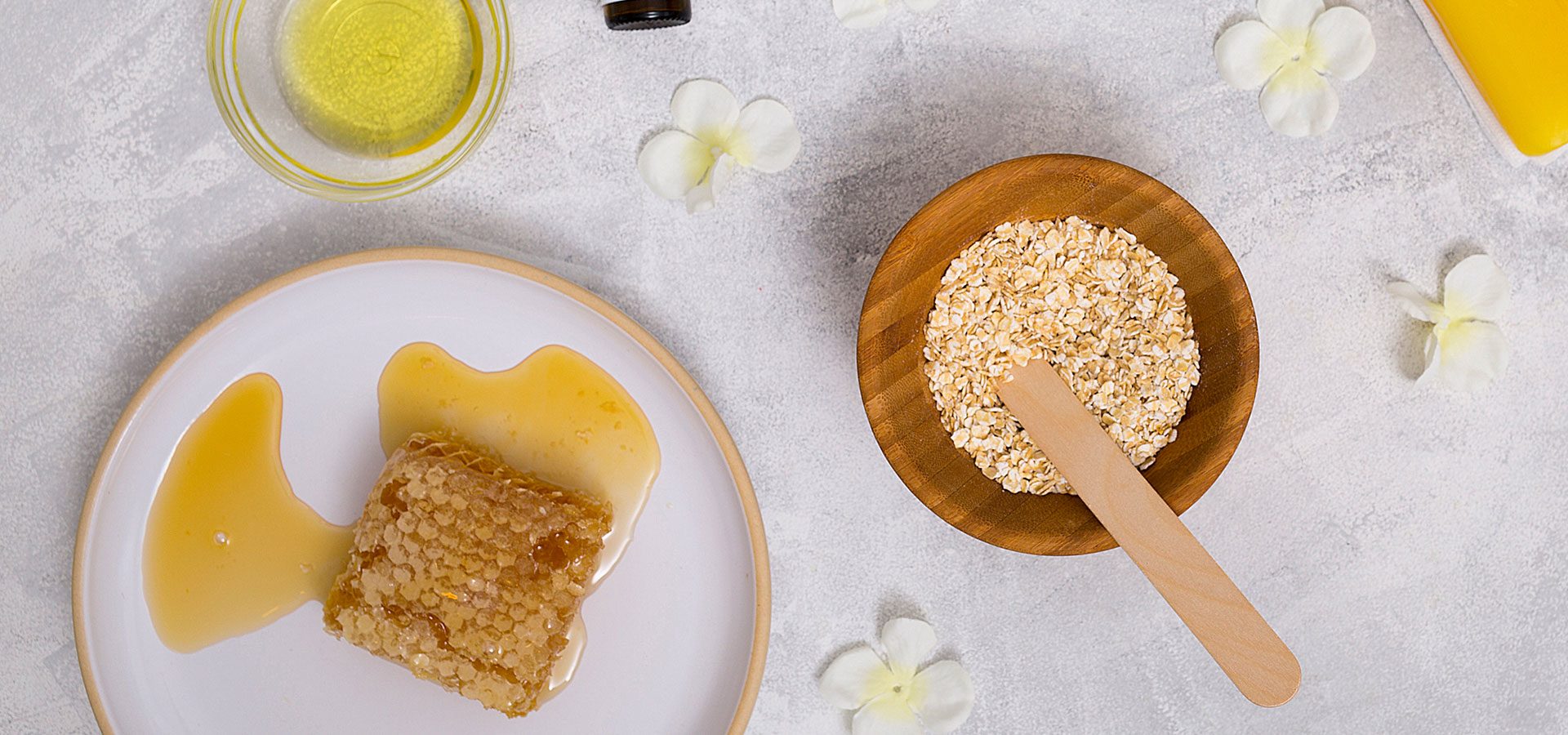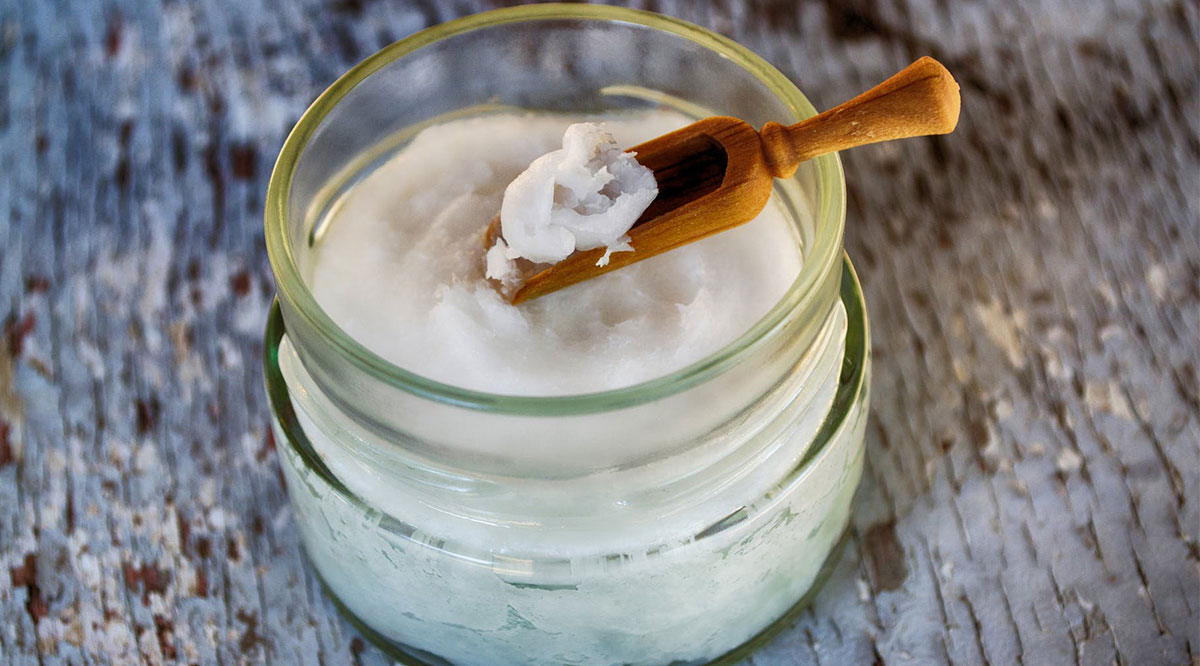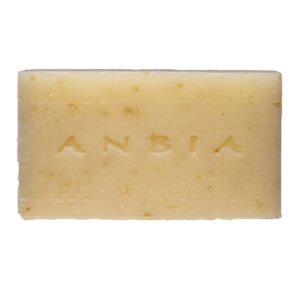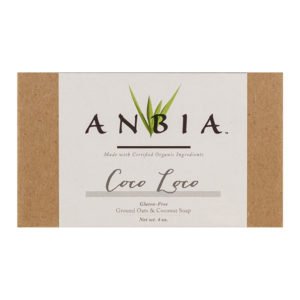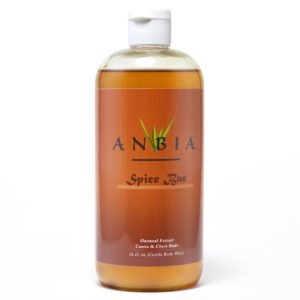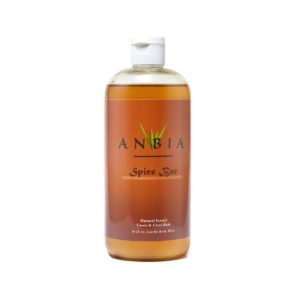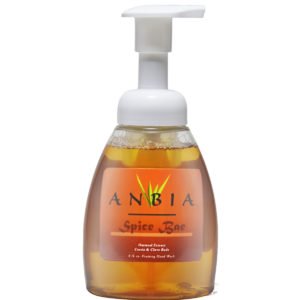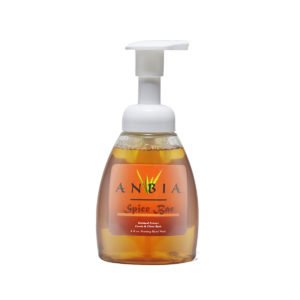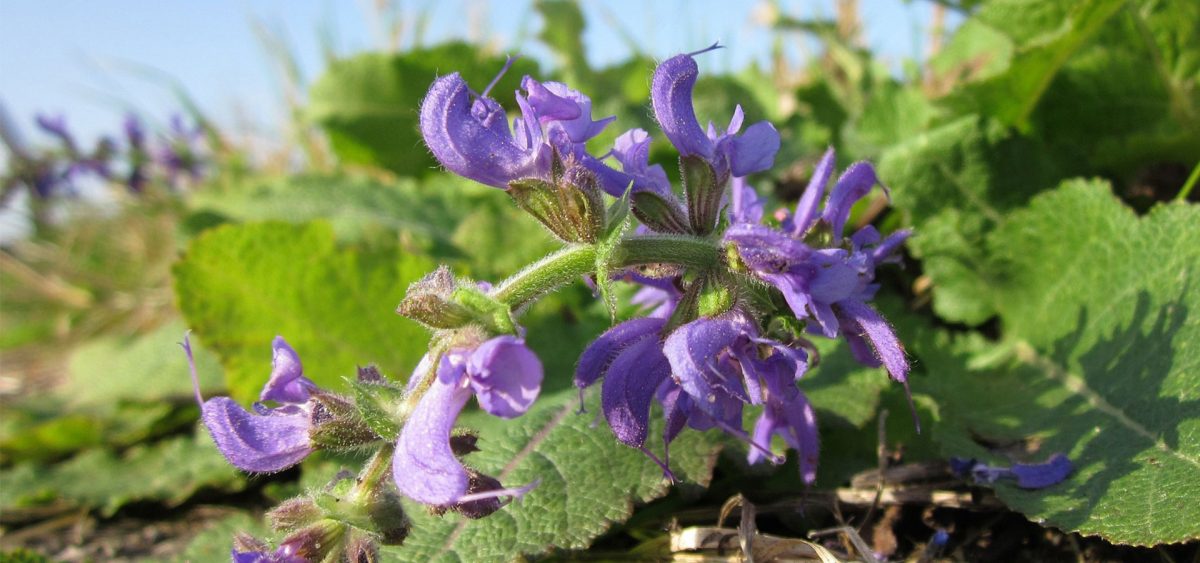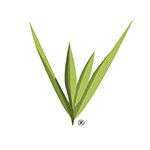It’s 2019 and today there’s an increasing consumer demand for eco-friendly skin products to enter the organic personal care products’ market and to develop new and advanced products. More and more brands are launching organic care products with clinical backing to attract their customer base. An increasing amount of new skincare products with antioxidant properties, essential oils, and/or plant extracts are expected to meet the demand for organic skincare products over the near future.
These innovative skincare products are manufactured from natural and organic ingredients that target eco-consciousness and a healthier option for skincare. The green beauty revolution has forced companies to manufacture products that are less harmful to human skin and instead switch to more plant-based base natural ingredients. These products are natural and healthy ways to nourish skin, without the hidden ingredients, but with equally effective results. The high cost of organic skincare products and the brief shelf life of organic products are market restraining factors. However, as demand grows the availability of advanced beauty treatments and skin-related illnesses associated with organic cosmetics are expected to challenge the market.
For an ingredient to be deemed “organic” – it must be farmed without pesticides, chemical fertilizers, growth hormones or antibiotics. The utilization of the word “organic” on beauty products is extremely regulated and although there’s no single accrediting body that owns the certified organic rule implementation around the world, in the United States brands must comply with the regulations set by the U.S. Department of Agriculture (USDA). For a product to assert its “certified organic”, it must meet a list of strict specifications that transcend the “organic” requirements.
How do these rules apply to our ANBIA® soaps? Due to their chemistry, bar soaps can never reach the 95% level of organic content. Organic soap and skincare products are among the foremost misrepresented organic products. These include formulation issues, labeling requirements, and a misrepresentation of the standards. All bar soaps, and most skincare products, come short of the 95% organic mark. Bar soaps require sodium hydroxide (NaOH, or lye) for their production. Sodium hydroxide is on the allowed list of non-organic ingredients that may be utilized in making organic products, and it accounts for roughly 10-15% of the ingredients, by weight. Whether or not every other ingredient in a bar of soap was certified organic, the soap would never have an organic content of over 90%, as this is often the utmost level of organic content in any soap.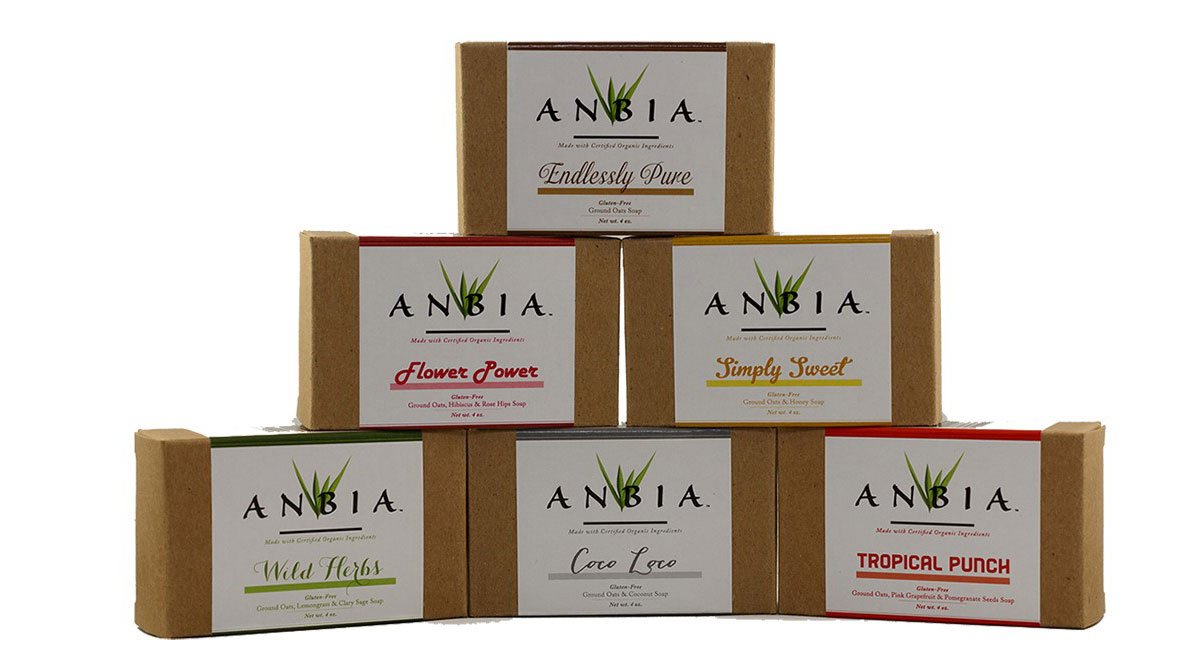
At ANBIA®, we maintain a minimum organic content level of 85% in all our bar soaps, our liquid soaps are 82% organic content level and our products are certified organic under the USDA National Organic Program. Our certifying agency is the Montana Department of Agriculture. We always recommend you take the time to read the back labels of our products. Happy Shopping!
